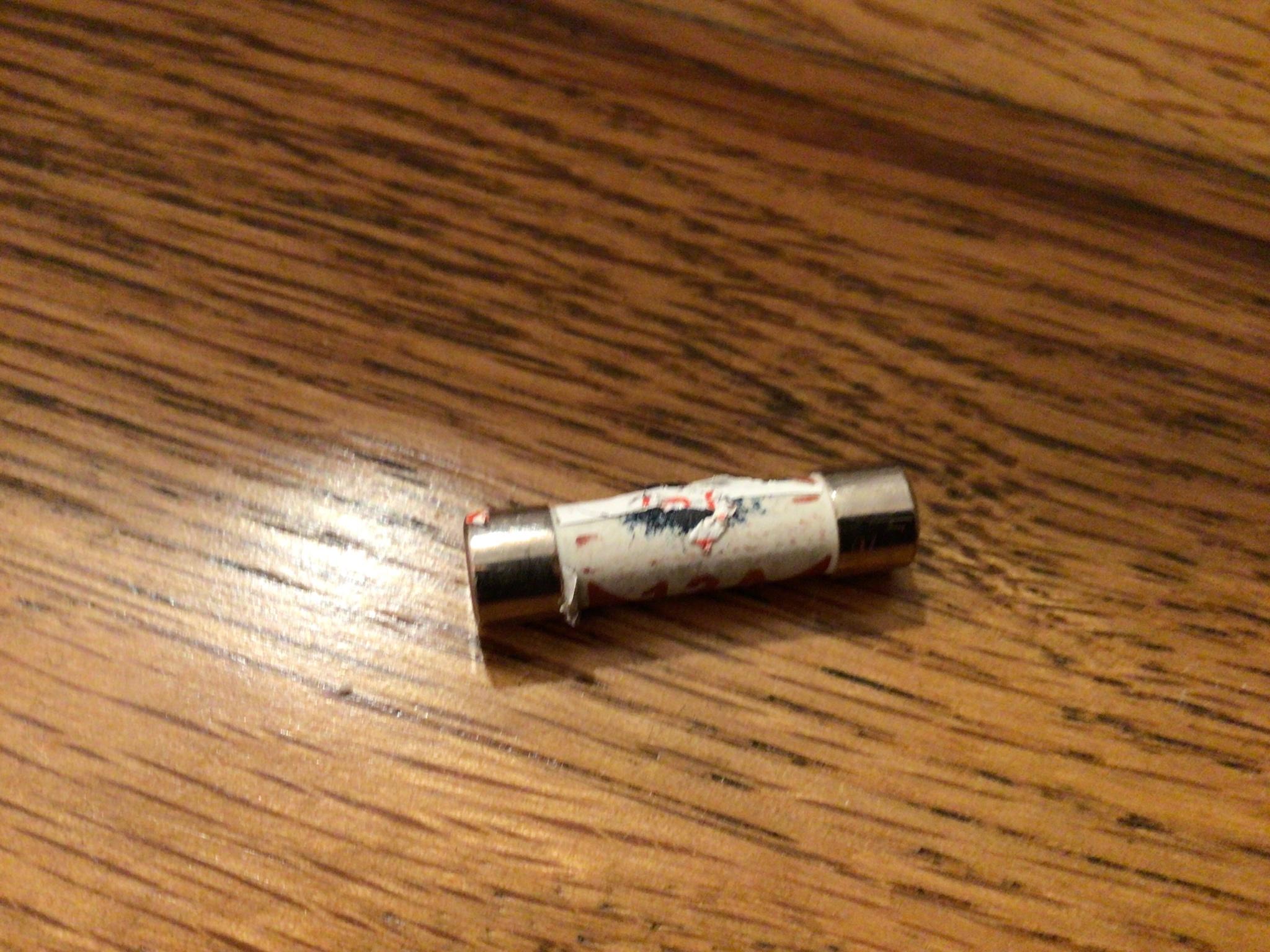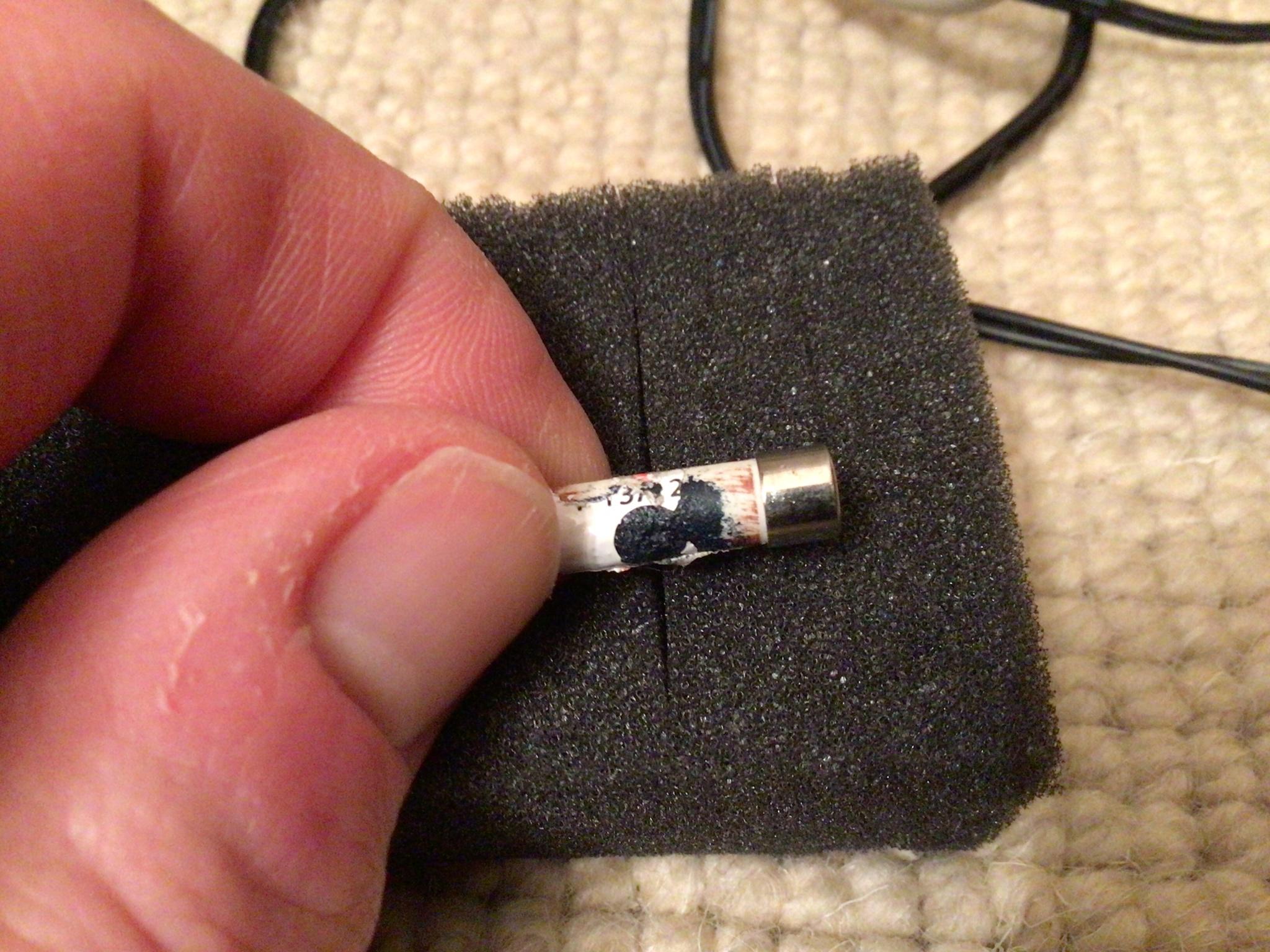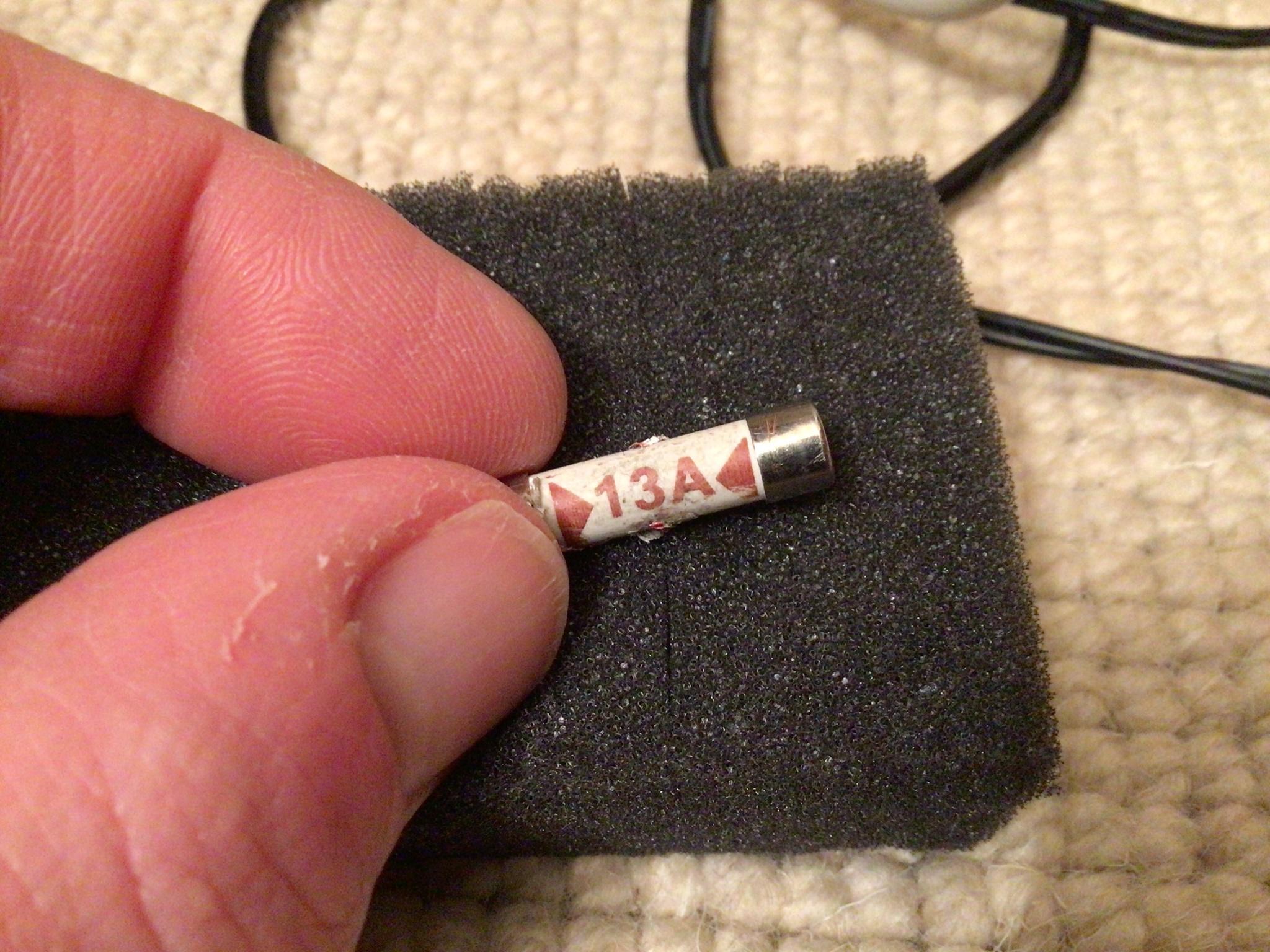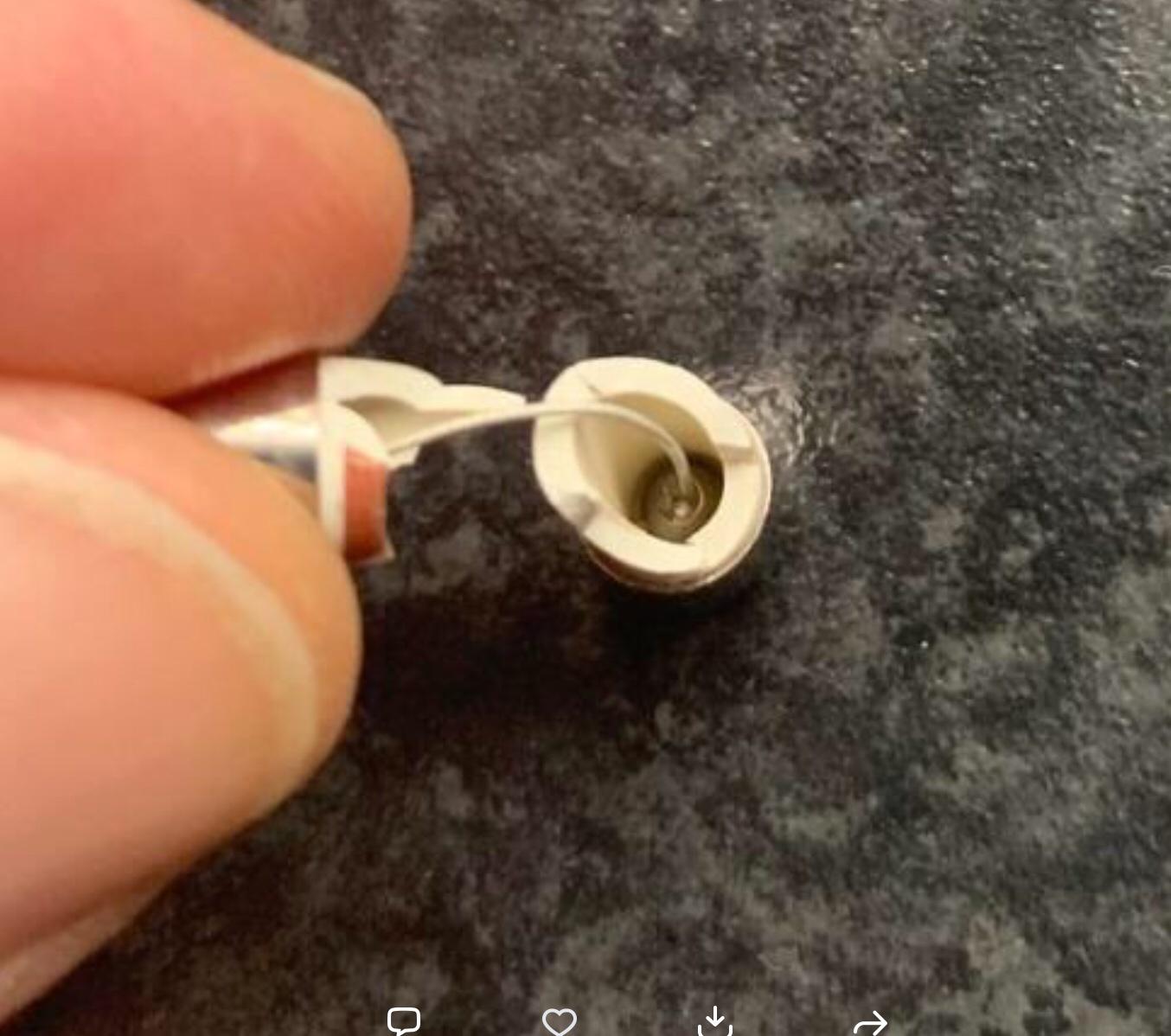Mike Reed
pfm Member
Well, there y'go! A few years later and NAC A5 would've done an even better job !!!The best sounding audio system I had in the UK only happened after I replaced the ancient fuse-wire in the CU with a 5cm segment of NACA4.
Well, there y'go! A few years later and NAC A5 would've done an even better job !!!The best sounding audio system I had in the UK only happened after I replaced the ancient fuse-wire in the CU with a 5cm segment of NACA4.
You mean apart from removing all interim protection and connecting your stereo directly to certain death?From wire to MCB must've been one of the biggest advances in domestic mains.
All perfectly safe so long as you switch it on with a broom handle and stand well back.You mean apart from removing all interim protection and connecting your stereo directly to certain death?
That you know of.Just to give Roy a bit of credit, hard wiring the equipment to the consumer unit and dispensing with plugs altogether was his preferred method. I know several Naim owners who did such and none of them caught fire.
You may be right as I don't know the origin of the term consumer unit, which was entirely different, of course.. Everybody, it seemed, called it fuse box back then.I think they`ve been consumer units since all the fuses (now MCBs) and the main switch were combined into a single unit., probably back in the fifties.
You mean apart from removing all interim protection and connecting your stereo directly to certain death?
I've no idea what these comments mean, as a ring main must have individual plug fuse protection but a radial only needs its own MCB. The two formats are entirely different, and to add an unnecessary fuse to a radial is pointless providing the MCB (or RCBO) is rated for the mains lead(s) A fuse is a fuse is a fuse. However, I may have misinterpreted the above remarks. Blanking case fuses is an entirely separate affair, if that's what you mean.All perfectly safe so long as you switch it on with a broom handle and stand well back.
I have no idea what super fuses comprise, but I guess it can only be materials with greater conductivity and which are made to closer tolerances than common or garden ones. If the path of electricity meets less resistance, the impedance is lower. I'm no boffin (quite the reverse) but this seems perfectly rational to me, and impedance is important in achieving dynamics/s.q./whatever. Mind you, I s'pose this must also have a bearing on the fuse holder, which is never mentioned.Apparently the super fuse i
According to my wife, I'm constantly blowing one, Alex. The straightfrustrians of aging limiting my ambitions. Wire people making a fuss about fuses? (He says, just realising the thread title !).Clearly you need to buy a few, Mike.
No, that is correct but the shower has no accessible cable at the shower end and a cooker uses 10mm cable which, although not buried in the wall, is not accessible in normal use. Any captive fixed appliance cable which is accessible, like a towel rail or urn, must have a fused outlet.I think your domestic electric shower and some hobs/ovens need radials, which have the appropriate MCB at the consumer end but not, from memory, at the user end, though I could be wrong there.
was he the guy who TALKED IN CAPS and had a manifesto he sent aroundI once had a fellow named Roy Riches visit. He declined the offer of a cuppa and headed straight to the consumer unit. He meant well, but I think he'd crossed the line. I'm sure there was also a bit of fuse-blank ****ery, but that was quickly removed IIRC.
Sinergistic Research Orange fuse.Almost worth PFM members chipping in a couple of $ each to buy one of these fuses and dissect it to find what's inside, probably a standard fuse inside. Even the shrink wrap looks like it has dotted lines at the edge to show someone where to cut with scissors.





I have a separate Radial for my hifi, goes back to a 13a MCB. The Hifi is the only thing on the circuit so is the effectively the same as the rest of the world. Fuse is only there to protect the cable as the equipment has its own case fuses. It's all hidden away and never going to messed about with by anyone else, my round pin extension block I made sounds good to me. In actual fact it was a recommendation once in the hifi press many years ago. My kit isn’t on when I’m not at home and been like that for almost a year with no issues. Given the low current draw, theres no reason I couldn’t go with a lower amperage on the MCB.I've no idea what these comments mean, as a ring main must have individual plug fuse protection but a radial only needs its own MCB. The two formats are entirely different, and to add an unnecessary fuse to a radial is pointless providing the MCB (or RCBO) is rated for the mains lead(s) A fuse is a fuse is a fuse. However, I may have misinterpreted the above remarks. Blanking case fuses is an entirely separate affair, if that's what you mean.
I think your domestic electric shower and some hobs/ovens need radials, which have the appropriate MCB at the consumer end but not, from memory, at the user end, though I could be wrong there.
